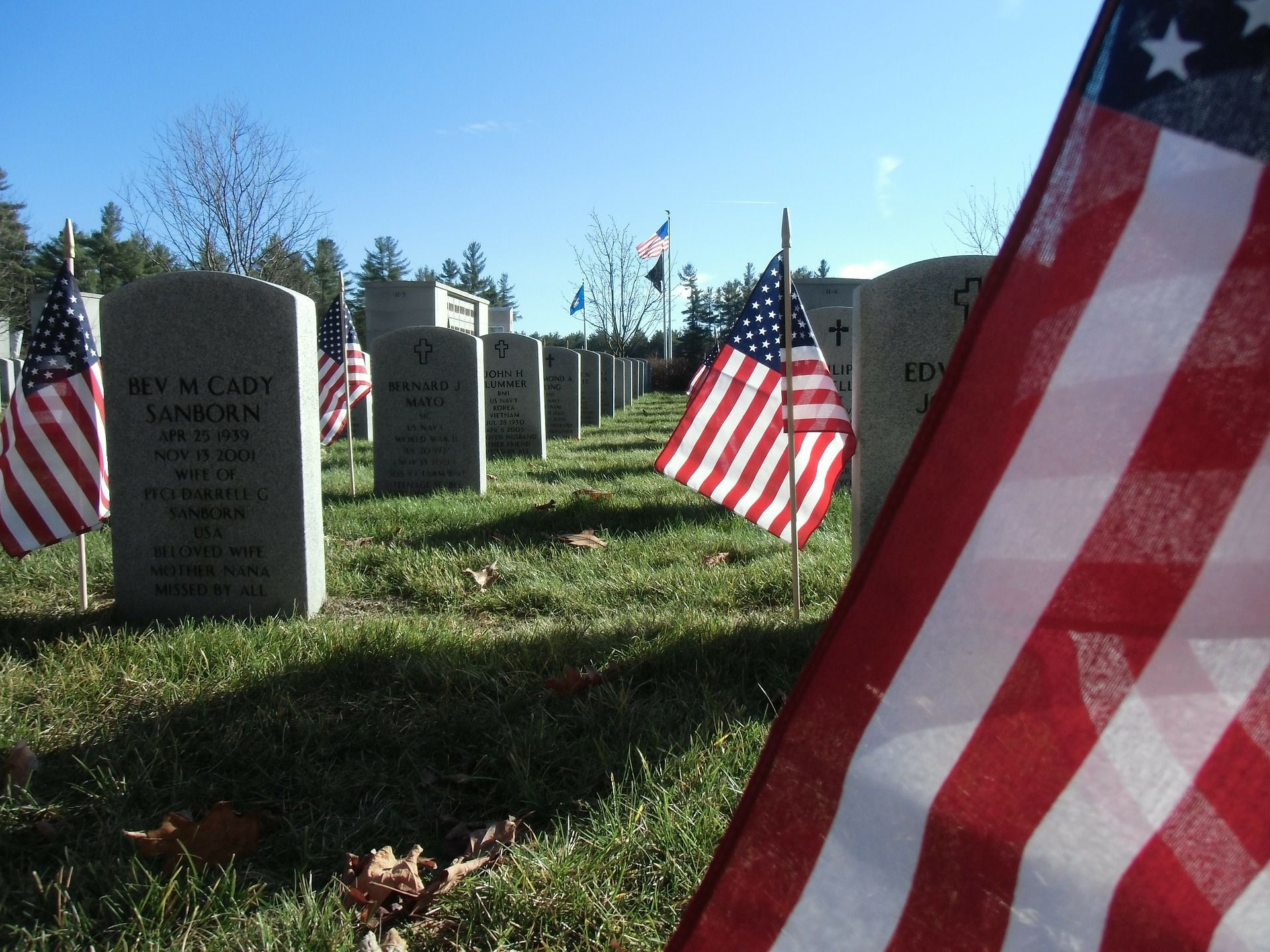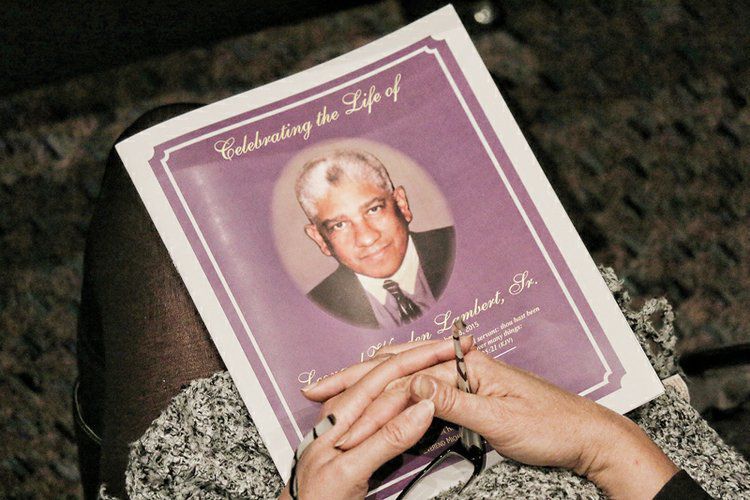7 Poems for a Funeral
Poetry is an ancient form of written word that can bring immense comfort in times of grief. Death and loss are timeless subjects that have been explored by some of the greatest poets in history. If you have been asked to speak at a funeral, these poems can make excellent choices for readings. They can provide comfort and light during a dark and challenging time.
1. Death is Nothing At All by Henry Scott Holland
Henry Scott Holland was a Professor of Divinity at Oxford and a canon of Christ Church in the late 1800s and early 1900s. This poem wasn’t a poem when it was first read, but a sermon written by the professor after King Henry’s death in 1910. The poem imbues listeners with a comforting sense that, though the deceased is gone, they are still close in heart and spirit.
2. A Child of Mine by Edgar Guest
A deeply religious work, this poem is written from the perspective of Christ as a message to those who have loved the deceased, his child. It celebrates the honor of loving and caring for someone while they enjoy their earthly life, while also providing solace that the deceased has moved on to be with his Maker.
3. If I should die by Emily Dickinson
Emily Dickinson is a recognizable name and her short, sometimes tragic, poetry has resonated with readers for centuries. This brief piece uses imagery of the natural world—“If birds should build as early/And bees as bustling go,”—to remind the audience that the world keeps turning. Death and loss can feel enormous and all-consuming, and this poem is a small, beautiful reminder that life goes on even as we experience grief. This idea is hopeful, because it means that we may someday be able to return to normality, if a bit changed.
4. Do Not Stand At My Grave And Weep by Mary Elizabeth Frye
Like Death is Nothing At All, this poem reminds the reader that, though the deceased is gone in body, they are still present in spirit. This idea—that we carry our loved ones with us through experiences like feeling “the gentle autumn rain” or seeing “the diamond glints on snow,”—is a popular one that provides closure and peace during the sad occasion of a funeral.
5. Nothing Gold Can Stay by Robert Frost
Another recognizable poet, Robert Frost was deeply inspired by nature. This poem outwardly appears to be about the seasons, which always change. It highlights the march of time that none of us can escape. This poem is a popular reading for funerals because it parallels the deceased with something gold—a good friend, a dear family member, no matter how loved, can never stay forever.
6. O Captain! My Captain! by Walt Whitman
Another popular choice for funeral readings, Walt Whitman’s O Captain! My Captain! was written after the assassination of Abraham Lincoln. This poem, a bit darker than the previous ones on this list, still carries a sense of honor for the deceased. It is a popular choice for veterans or those who have worked together. While some of the images in the poem are forlorn, there is also a sense of celebration and positivity to the achievements of the deceased: “For you bouquets and ribbon'd wreaths—for you the shores a-crowding.”
7. Dirge Without Music by Edna St. Vincent Millay
This poem is a very relatable one for a funeral. It is about the reluctance to accept death, despite its inevitability. Readers of this poem make positive associations with the deceased through lines like, “Gently they go, the beautiful, the tender, the kind/Quietly they go, the intelligent, the witty, the brave,” while also acknowledging the difficulty of loss.
The Right Poem for You
These are some of the most classic choices. While you might want to find a new or unique poem to read at a funeral (or even write your own), there can be immense comfort in a reading this is familiar to you and the audience. Choose a reading that resonates with you and brings you peace, and it is sure to be a wonderful addition to the funeral.




